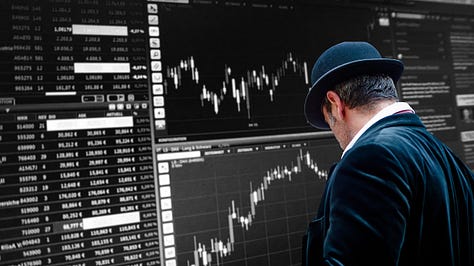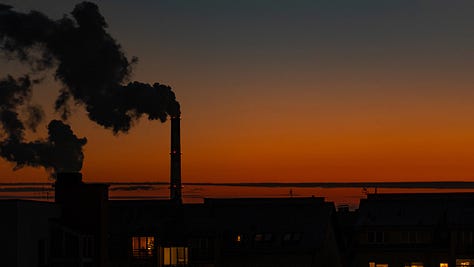Green Lights Feb. 2: Top stories this week
Don't miss a single story of the best from Callaway Climate Insights.






. . . . Welcome back to Green Lights. Here’s our weekly roundup of the best of Callaway Climate Insights. This week, David Callaway says investors should keep an eye on these promising young environmental technology companies. He also explains why John Podesta is the perfect political pick to replace John Kerry. While Punxsutawney Phil seems to think spring will come early, the real meteorologists are working on a more scientific forecast. Don’t put your umbrellas away. Here are the highlights in a simple and convenient format that makes it easy for our readers. It’s also easy to subscribe.
. . . . Last year was a tough one for climate startups and renewable energy plays, but entrepreneurs work on a different plane than Wall Street momentum traders, writes David Callaway. On a quick tour of some of the most promising young environmental technology companies in the Bay Area — from new forms of weather balloons (above) and AI sustainable packaging, to biotech companies that can develop real meat without the animals — Callaway finds the entrepreneurial spirit alive and well despite geopolitical headwinds and interest rate-driven angst among investors. . . .
. . . . John Podesta is the perfect political pick to replace John Kerry as President Joe Biden’s top climate advisor in an election year. For U.S. climate leadership, not so much. Unfortunately, the reality of electoral politics prevents the U.S. — and so many other countries, particularly in Europe this year — from naming scientific and corporate stars to these climate roles who will really command progress. Podesta is the best candidate the Biden team could possibly hope for, but the entire process simply kicks the can on climate achievement past the election, if at all.
. . . . In his insights column this week, Matthew Diebel admits to the dirty reason he felt guilty when he cruised with his wife. “As I found out to my shame … cruise ships are very polluting,” he says. But the newest cruise ships are powered by LNG engines that cruise lines say emit about 25% less emissions than conventional fuel.
. . . . California, don’t put the sandbags away just yet. The National Weather Service says another storm system is taking aim on the region late Saturday night into Monday with even more heavy rain and gusty winds possible. Also, Happy Groundhog Day. Punxsutawney Phil was hauled out of his burrow at Gobbler’s Knob shortly before 7:30 a.m. Eastern today. He did not see his shadow, thereby “predicting” an early spring. Real meteorologists, the ones who are not rodents and have degrees in meteorology, say the weather forecast depends on where you live and, well, what the weather is like. They note the February outlook is much warmer than average for parts of the Plains, Midwest.
. . . . The transportation sector is the single-biggest source of American greenhouse gases. Although trucks only make up only 8% of vehicles, they are also responsible for 63% of on-road nitrogen oxide, an ingredient in photochemical smog; and 68% of on-road emissions of particulate matter with a diameter of 2.5 microns or smaller. Well, this is a sector ripe for electrification. Moreover, both truck drivers and truck manufacturers may be warming to the idea.
. . . . Despite the fading of the ESG theme, global clean energy spending leaped 17% to $1.8 trillion last year, according to BNEF. China led the way but spending in the U.S., UK and Europe rose more than 20%, the researcher said. While that is not enough, according to climate scientists, it shows the direction the spending is going, even as investors bail because of high interest, supply chain issues, and concern about what a Trump administration will do to climate strategy. If this all feels a lot like capitulation, we agree. The ESG theme may have passed its prime, but the climate fight continues. Investors take note.
More greenery . . . .

Method to the madness: How throwing soup at the Mona Lisa can help fight climate change (Los Angeles Times)
Smoking gun: Fossil fuel industry knew of climate danger as early as 1954 (The Guardian)
Sit on it: What do you do with 8,000 defunct wind turbine blades? (The Independent)
Family planning: Should climate change keep you from having kids? (Yale Climate Connections)
Africa’s cholera surge: Health officials say climate change is to blame (Time)
The next generation: Impact of Climate Change on Childhood Development (The Harvard Crimson)






